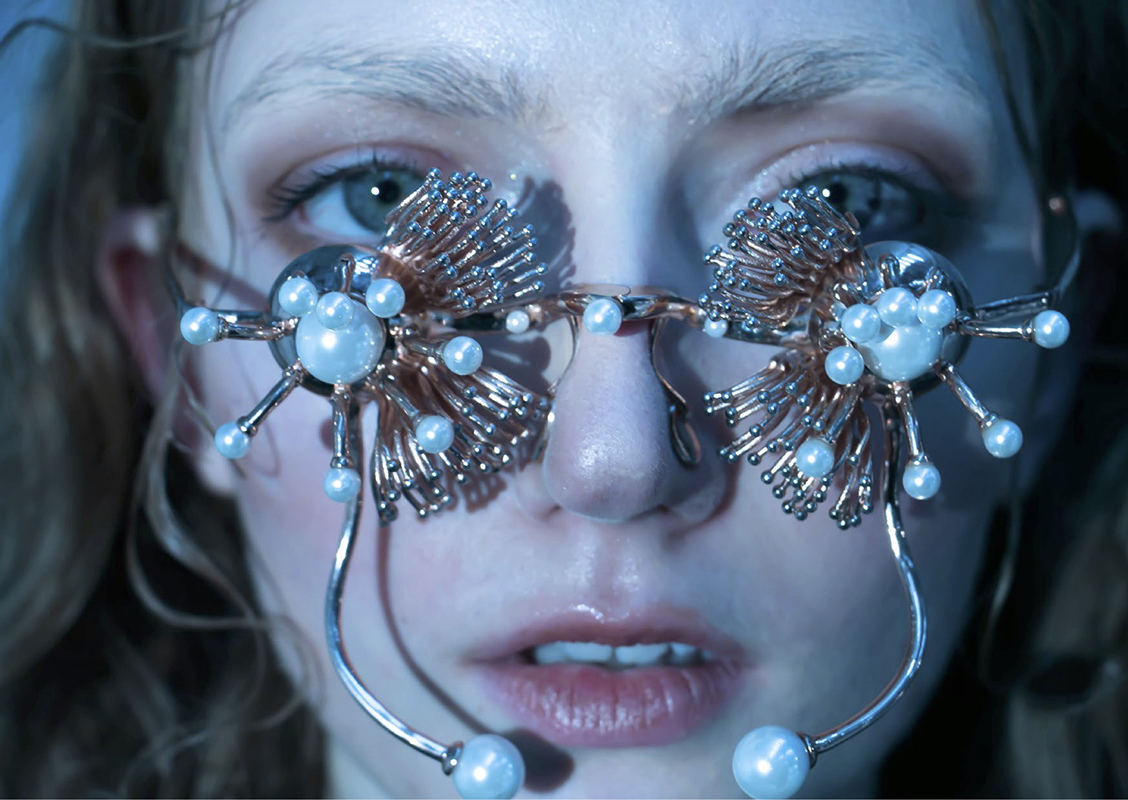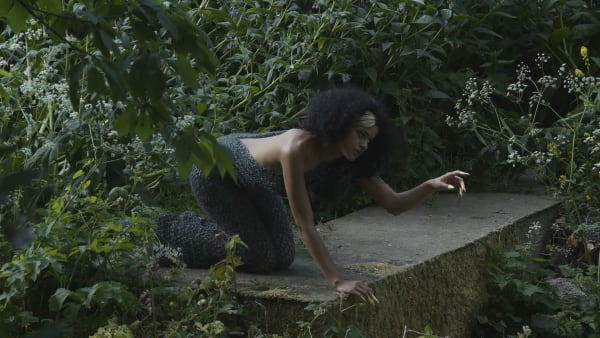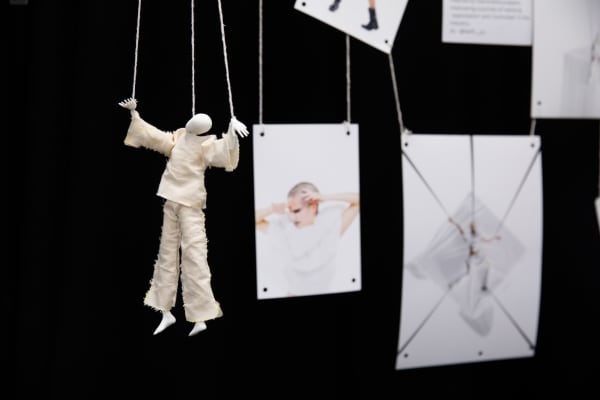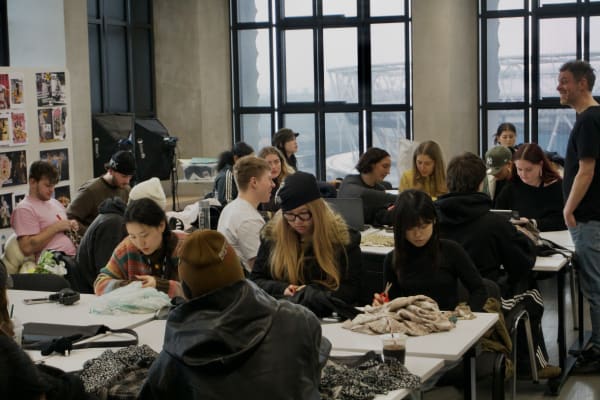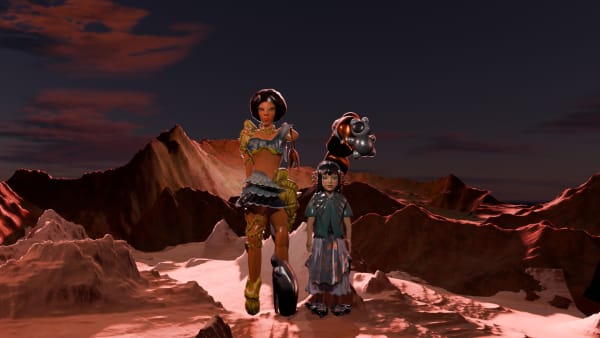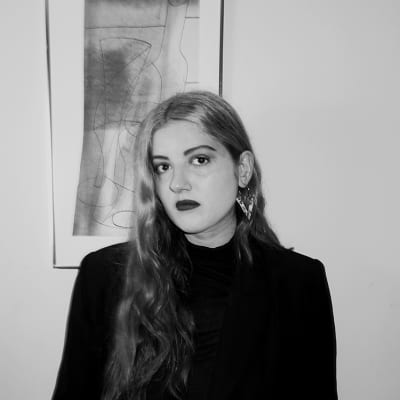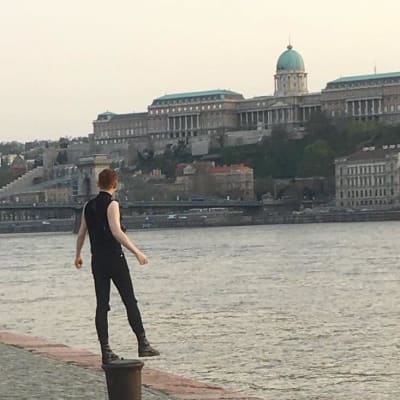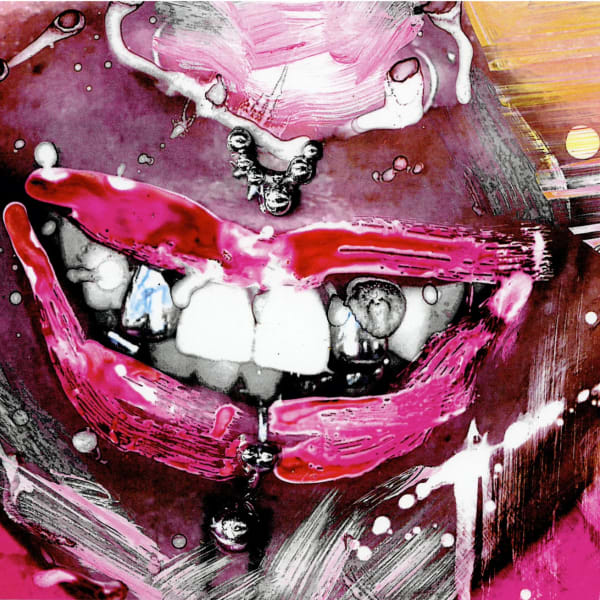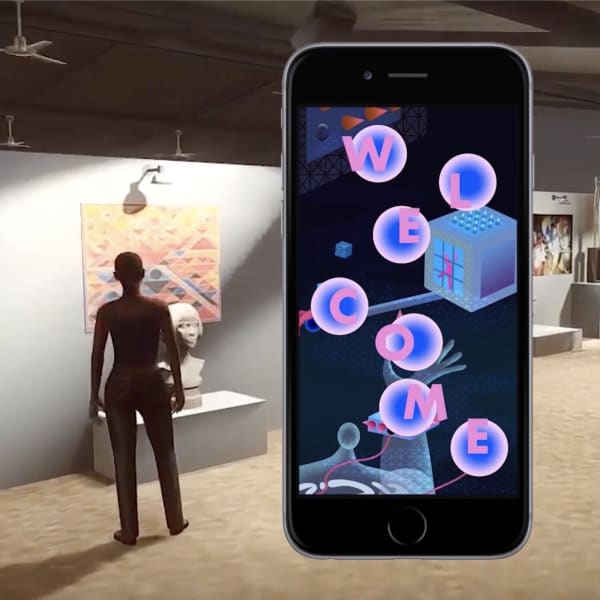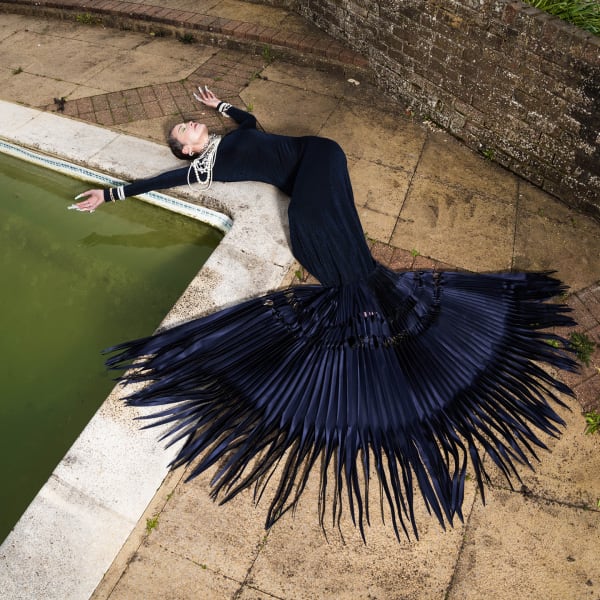Course units
In Stage 1 you are required to complete 120 credits at level 4 to progress to Stage 2.
- Introduction to Fashion Media; 20 credits
In this unit, you will be introduced to your course, its subject specialism and effective learning at undergraduate level. You will learn the practices and knowledge base needed to understand your discipline and develop skills for independent & collaborative learning, reflection, and your own self-development. You will also consider your own background and how it shapes your approach to the course.
- Key Concepts in Fashion Styling and Production; 40 credits
You will be introduced to the roles of the stylist and producer and explore how fashion narratives are constructed through approaches to styling and production. You will gain an understanding of fashion themes and codes of dressing within historical and contemporary contexts. You will also explore sustainable thinking within fashion production via the use of materials, clothing, props, and accessories.
- Fashion Moving Image Production; 40 credits
In this unit, you will take a specific role relevant to your subject discipline and work as part of a collaborative, cross-programme team to create a socially engaged fashion film production. You will learn the tools, processes and roles required for successful moving image practice and how to communicate impactful fashion narratives through visual storytelling.
- Fashion Cultures and Histories; 20 credits
You will take a philosophical and theoretical approach to the study of fashion and its role in representing and communicating identity. Understand key ways of thinking about fashion across its cultural, historical, social, and political contexts. Engage in debate and analysis of fashion as a key marker of social and cultural change and a means of understanding the relationship between individuals and communities.
In Stage 2 you are required to complete 120 credits of which all of 120 must be at level 5.
- Critical Issues in Fashion Research; 20 credits
Expand your critical understanding of fashion in a global context and examine emerging debates in fashion research. You will engage in collaborative research around current and emerging cultural issues and be guided through approaches to researching and writing about fashion across its social, historical, political and cultural contexts, building on the first-year unit Fashion Cultures and Histories. You will develop your own independent research path and interests.
- The Fashion Consultant; 40 credits
Fashion consultants employ styling, production, and creative direction skills to drive, enhance, and realise visual concepts. In this unit, you will respond to an industry brief and develop your understanding of how fashion consultants operate within this industry context. You will work as a cultural connector and creative translator of ideas in relation to product, production, and visuals. You will use contemporary and emerging technologies where relevant, to drive an industry partner’s presence and expand their audience reach.
- Collaborative Practice: Fashion Spreads; 40 credits
Explore how the editorial format has been articulated in historical and contemporary contexts and create contemporary fashion stories in response to climate, racial and social justice principles. Through teamwork, collective enterprise, and cooperation you will apply your fashion styling and production skills across the editorial space and understand relevant career prospects. You will also explore the relationship between fashion content and audience.
- Elective Option 1: Creative Directions: Fashion Styling and Production; 20 credits
In this elective unit, you will critically reflect upon your developing practice in the course so far and map your creative directions moving forward. You will think about the interplay between your styling and production practice in academic and industry contexts to consider potential audiences and develop your portfolio and network.
You will also consider the value of assets, content creation, curation, editing, art direction, and networks in relation to your discipline.
- Elective Option 2: Fashion Media Placement; 20 credits
In this elective unit, you will develop your professional skills within an industry environment. On your placement, you will experience the pace, atmosphere, and discipline of working in the industry and gain practical experience of its roles, functions, and operations. There is lots of support to help you find a placement available via our Graduate Futures Placement Team.
Optional Diploma Year
CCI Creative Computing
Between years 2 and 3, you can undertake the year-long Diploma in Creative Computing. This will develop your skills in creative computing alongside your degree. After successfully completing the diploma and your undergraduate degree, you will graduate with an enhanced degree: BA (Hons) Fashion Styling and Production (with Creative Computing).
Industry DIPS
This optional diploma can be taken between years 2 and 3. With support from your tutors, you will undertake an industry placement for a minimum of 100 days/20 weeks. As well as developing industry skills, you will gain an additional qualification upon successful completion.
Enterprise DIPS
This optional diploma can be taken between years 2 and 3. With support from your tutors, you will undertake an enterprise placement year where you will explore a business idea from proposal to minimal viable product (MVP). As well as developing enterprise skills, you will gain an additional qualification upon successful completion.
CCI Apple Diploma
Between years 2 and 3, you can undertake the year-long Diploma in Apple Development. This will give you an opportunity to become an accredited apple developer alongside your degree. After successfully completing the diploma and your undergraduate degree, you will graduate with an enhanced degree: BA (Hons) Fashion Styling and Production (with Apple Development).
In Stage 3 you are required to complete 120 credits at level 6.
- Elective Option 1: Fashion Narratives: A Visual Study; 40 credits
In this elective unit, you will explore the interplay between research and practice by incorporating a chosen methodology with your existing creative practice. You will be introduced to a range of different research methods. Your chosen methodology will shape your creative practice and build your confidence in future visual work. Building upon previous learning from your Cultural and Historical Studies classes, you will produce a narrative-driven visual study comprising of a series of still images, as part of a visual and written essay.
- Elective Option 2: Creative Industries: Theories and Practices; 40 credits
In this elective unit, you will complete an independent research project and engage with industry professionals to learn about current debates and issues that shape and inform cultural production across media, communication, and performance. You will be encouraged to respond to these debates in the form of an extended essay with supporting research materials. This unit will equip you with critical thinking, literacy, and communication skills for both academic and professional contexts.
- Fashion, Employability, and Enterprise; 20 credits
In this unit, you will consider your future employment aspirations and be supported in researching the current employment landscape in relation to styling and production. You will explore employment opportunities within academic and creative industries, considering the platform, audience, and context of your work. You will create a fashion enterprise toolkit which summarises your research, including the skills and resources required to orientate yourself towards your chosen direction.
- Fashion, Communities and Practice; 60 credits
In this unit, you will explore how fashion has the potential to empower and effect positive change. You will produce an experimental fashion media production that explores how your personal fashion-image making can engage with the principles of climate, racial and/or social justice. You will situate your personal creative practice within a community context that has resonance for you. You will have the opportunity to expand the parameters of your work through collaborations that facilitate experimentation, creative thinking, practical testing, and reflective problem solving.
